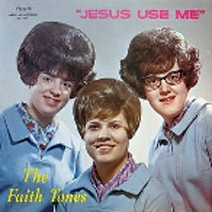I’m becoming less and less interested in CBC in the afternoon.
The other day, the hostess, Gill Deacon, was talking about the up-coming 3D version of Peanuts, and describing how she can’t wait to see Lucy pull the football back when Charley Brown tries to kick it.
She wants the movie to be the one she already saw? She can’t wait to laugh again at an old, old joke? She is excited about the idea that the producers of this movie will not be able to come up with a new idea but will have to repeat an old one?
I’ll bet she actually tunes in to see reruns of “Happy Days” and gets wet just thinking about Fonzie going “EEEHHEHHHH!”. Again. And again. And again. And again. And do it again, Fonzie, it was so funny. Please? Do it again. “Eeeehhhh!”. Oh! (Hysterical giggles).
So this woman wants to go to those parties where your Uncle George tells you the exact same story for the 30th time. So she wants to go see the Eagles on tour doing the same hits they first performed in 1979. And Carol Burnett do her mugging, and Tim Conway, and Jerry Lewis and Red Skeleton.
There was a time when I would listen to CBC on my way home from work and, often, quickly look up the name of an interesting artist they had played and get more of his or her music to listen to. I have not done that in years because the CBC in the afternoon no longer plays anything worth hearing again.
Gill Deacon is popular among many of my friends. I’m baffled. I don’t know if any of them ever try to imagine what a really good radio hostess would sound like. She would not sound like Gill Deacon, who cannot complete a single complex sentence without false starts. She is inarticulate and trite, often sounding like a college sophomore on her first date.


